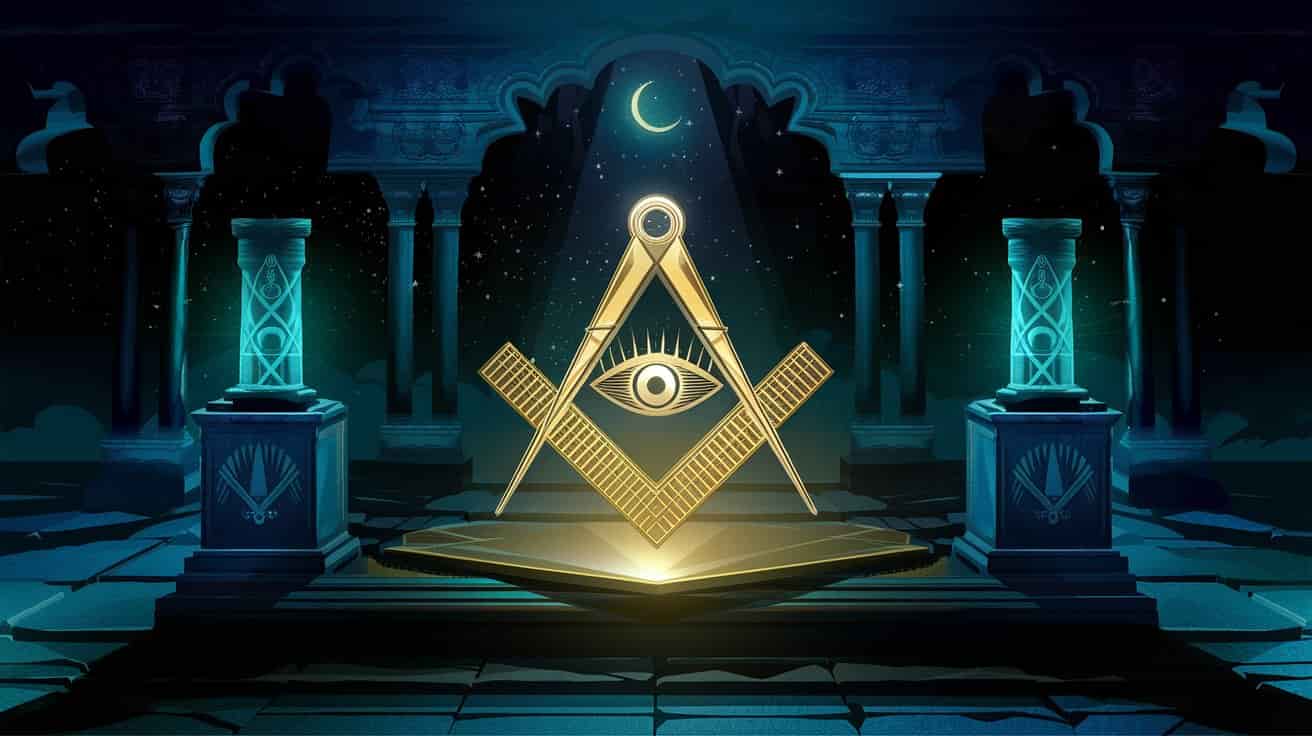Parallel Universes and Multiverses
The nature of our universe has long intrigued scientists and thinkers, with parallel universes and multiverses being among the most compelling theories. These concepts offer exciting possibilities for understanding the cosmos. What are these ideas, and how do they shape our view of reality? Let’s delve into these fascinating theories.
Understanding Parallel Universes
Parallel universes are hypothetical realities that operate under different physical laws than our own. This theory suggests that while these universes might share some fundamental aspects, their initial conditions and laws could vary significantly. Such ideas are often explored within the realm of quantum mechanics, which posits that particles can exist in multiple states simultaneously, potentially supporting the notion of different realities.
Exploring the Multiverse Theory
The multiverse theory expands this concept by proposing that our universe is part of a larger ensemble of universes. This theory includes various types of multiverses:
- Cosmic Multiverses: Universes that share similar physical laws but differ in their initial conditions.
- Quantum Multiverses: Universes resulting from the different outcomes of quantum events.
- Mathematical Multiverses: Universes based on all conceivable mathematical structures.
These theories suggest that our universe is just one of many possible versions, each with unique properties.
Scientific Views on These Concepts
While direct evidence for parallel universes and multiverses remains elusive, theoretical models and mathematical calculations provide some support for these ideas. For example, certain anomalies in cosmic microwave background radiation may offer indirect evidence for the existence of a multiverse.
The ideas of parallel universes and multiverses offer intriguing insights into the nature of existence. They are not only central to modern physics and cosmology but also fuel the imagination in science fiction. Exploring these concepts helps push the boundaries of what we know about our universe.



Post Comment